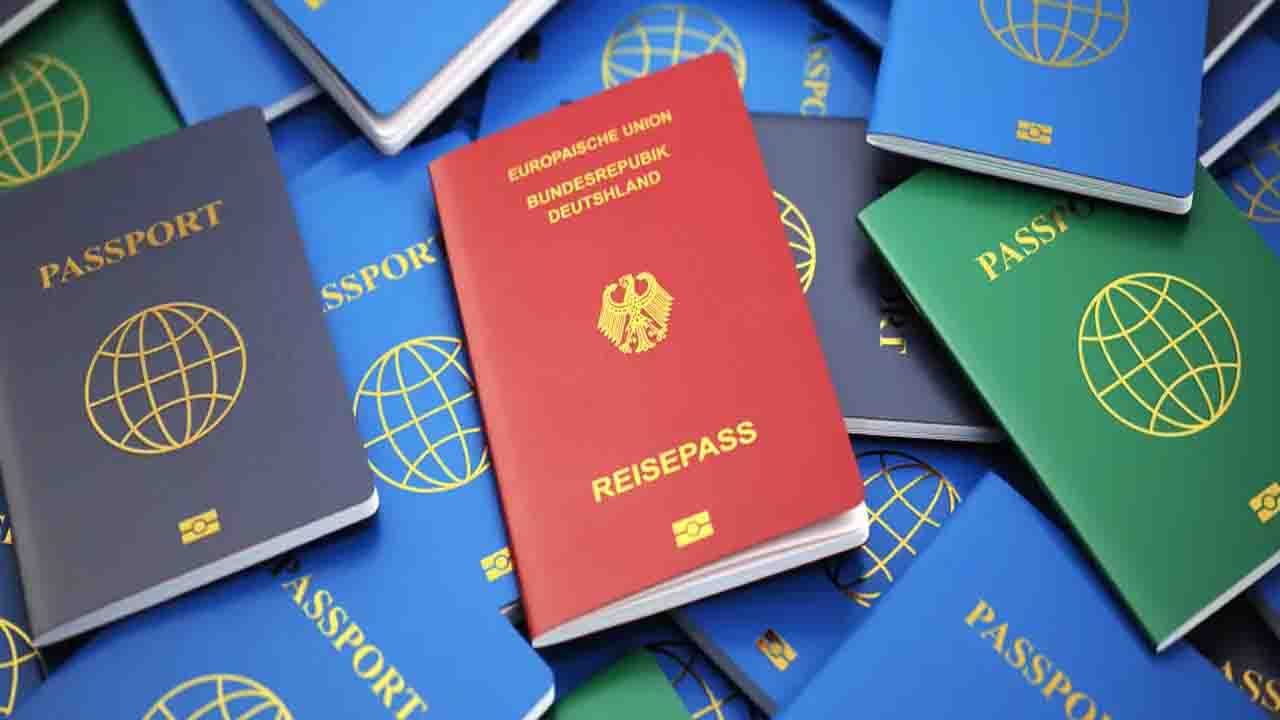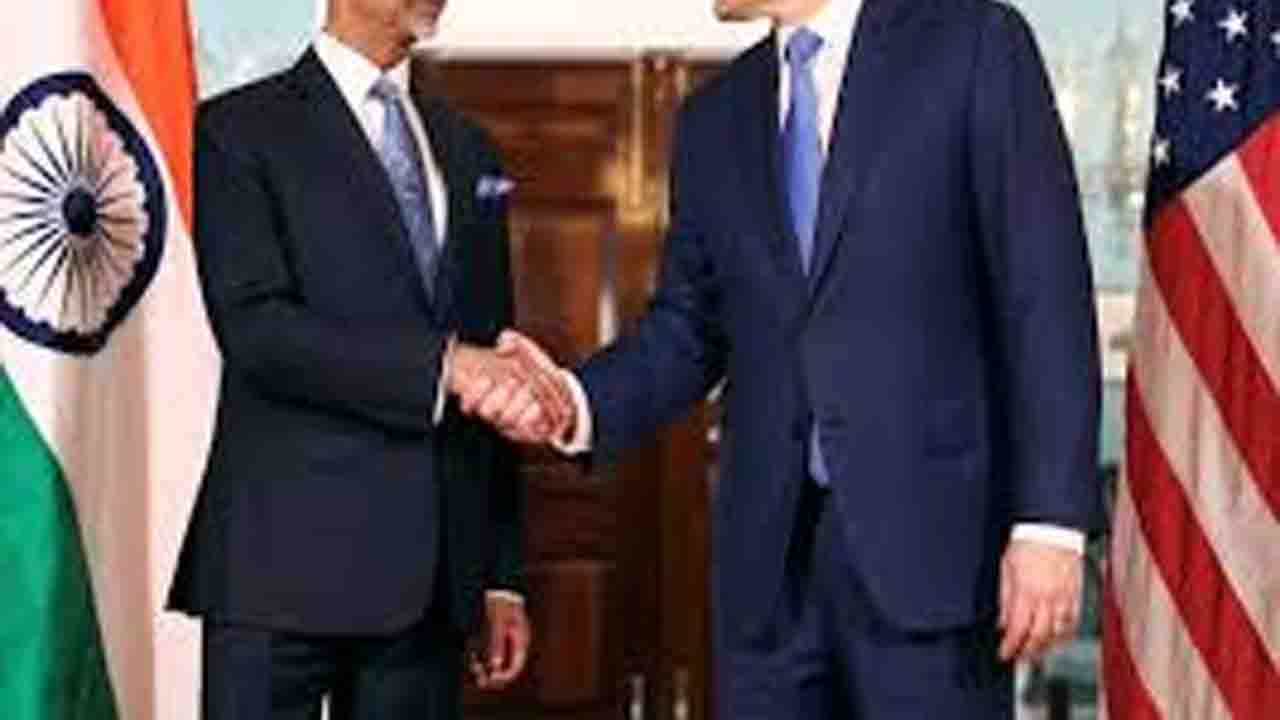On April 29, the European Court of Justice (ECJ) delivered a landmark ruling against Malta’s “Golden Passport” program, marking a significant victory for anti-corruption activists. Manuel Delia, an anti-corruption blogger and executive officer of the Maltese civil society organization Repubblika, expressed disbelief at the outcome, having braced for unfavorable news. Delia has been fighting for years against his government’s scheme that grants citizenship to wealthy foreign investors.
Commonly known as “Golden Passports,” such programs have been criticized for essentially selling citizenship to the rich. Malta was the last EU country to maintain this practice, following Bulgaria and Cyprus, which discontinued their programs in recent years.
The ECJ ruling is seen as a triumph for Delia and his late colleague, investigative journalist Daphne Caruana Galizia, who was murdered in October 2017. Galizia was among the first to expose the risks of the Golden Passport scheme. Delia credits the decision to the relentless efforts of his team and Galizia’s legacy.
In 2022, the European Commission launched action against Malta’s program, alleging it primarily benefited large real estate investors. The Commission argued that citizenship cannot be granted solely on commercial grounds. Despite an October 2024 opinion piece by the ECJ’s Advocate General supporting Malta, the court ruled against the program, stating that Malta’s policy reduced nationality to a “mere commercial transaction” and failed to demonstrate the “solidarity and good faith” required between a country and its citizens. The court further noted that the scheme undermined the mutual trust among EU member states.
Delia hailed the ruling as a symbol of the EU’s commitment to “values, principles, and solidarity,” emphasizing that the issue extended beyond Malta to the entire European Union. He told DW, “You cannot put a price tag on citizenship. It is far more valuable than money.”
Malta’s Golden Passport program, launched in 2020, allowed foreign investors to obtain citizenship by investing €750,000 and residing in the country for 12 months. Maltese citizenship granted holders the freedom to live and travel across the EU. However, investigations by Delia and others revealed that many applicants did not meet residency requirements, and some properties purchased were uninhabitable.
Data from the Daphne Caruana Galizia Foundation showed that Chinese investors dominated the program, with their numbers exceeding the recorded Chinese population in Malta. This suggested that many used the passports for EU access rather than residing in Malta.
Malta’s Prime Minister Robert Abela defended the scheme, claiming it generated over €1.4 billion for the country. However, he stated that the government respects the court’s ruling and is studying its legal implications to align the citizenship framework with the decision.
While the Golden Passport route is now closed, other pathways to EU Schengen Zone access remain available. Henley & Partners, a firm linked to Malta’s program, continues to offer “residency by investment” services in 31 countries, half of which are in the EU.
Similar schemes have been tested elsewhere. The UK ended its “Tier 1 Visa” for wealthy investors in February 2022, citing corruption and security risks amid Russia’s invasion of Ukraine. Australia also discontinued its Golden Visa program. In February 2025, U.S. President Donald Trump announced plans for a “Golden Card” visa, offering permanent residency to foreigners investing $5 million in the U.S.
The European Commission’s spokesperson, Markus Lammert, noted that the ruling highlights serious concerns about Golden Passport schemes, which pose risks of money laundering, tax evasion, and corruption across the EU. In 2022, the ECJ proposed stricter asset source verification, though implementation depends on member states’ cooperation.
Ana Terrón, a policy officer at Transparency International, predicted a growing push to eliminate Golden Visa schemes, stressing the need for EU unity to exclude “corrupt and wealthy individuals” exploiting such programs.
Delia dedicated the ruling to Daphne Caruana Galizia, emphasizing that nationality reflects a bond of community and solidarity, grounded in law. “When you put a price on it, you cheapen and diminish its value,” he said.

















